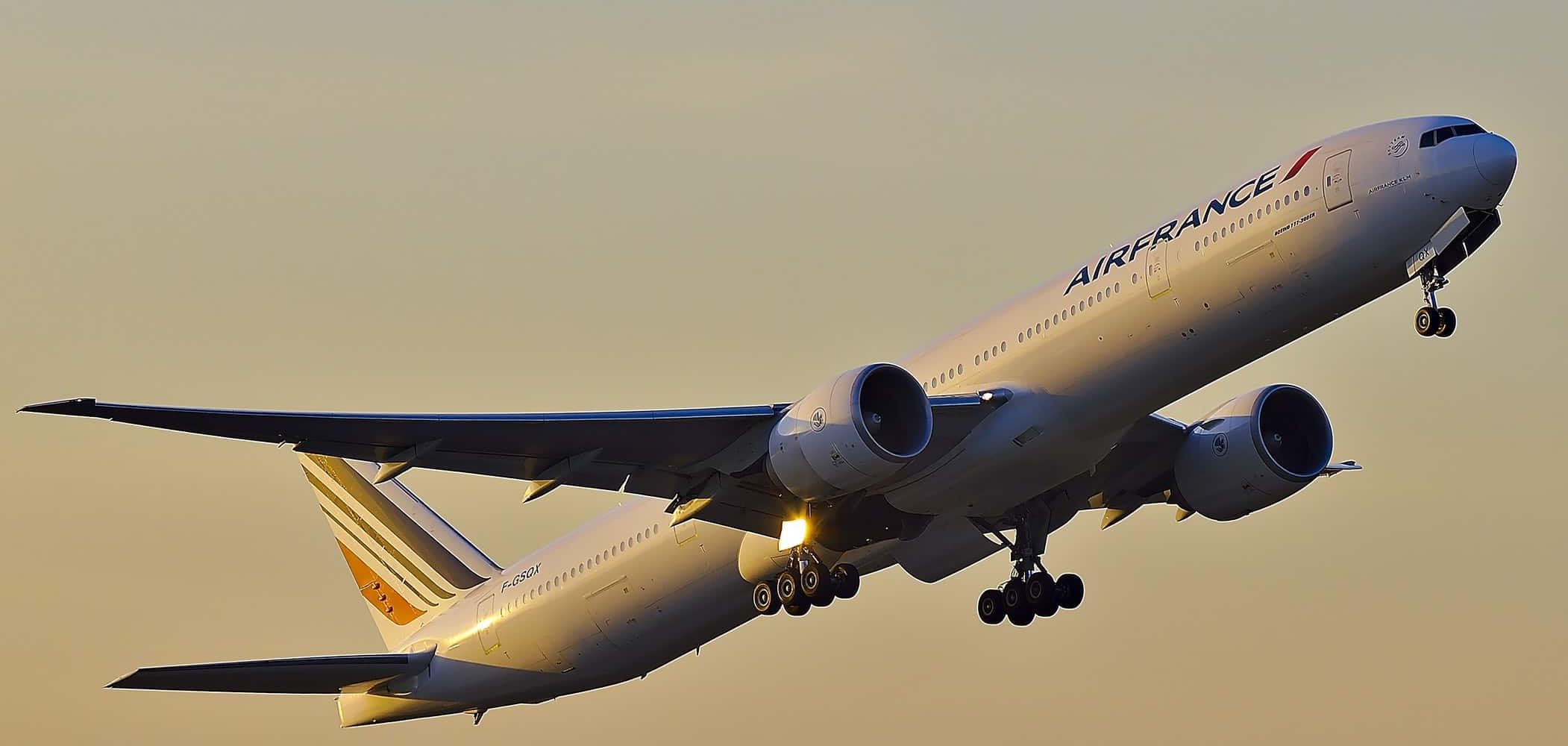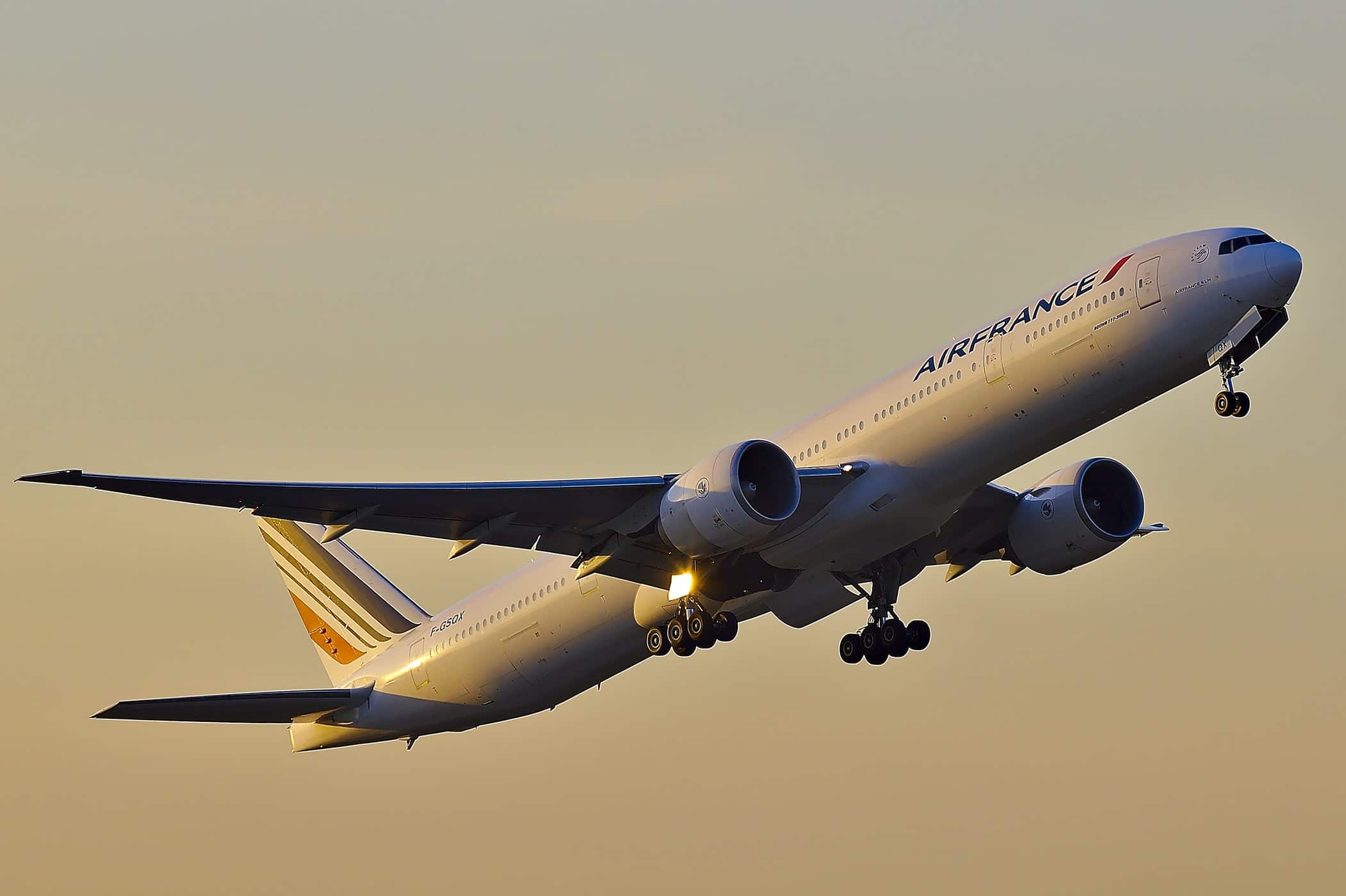TRAVEL NEWS – January 25, 2021: Boeing has formulated ambitions to advance the long-term sustainability of commercial aviation. By 2030, the company hopes to offer commercial aircraft that are capable and certified to fly on 100 percent sustainable fuels.
Also read: Boeing pays $2,5 billion fine for Boeing 737 Max fraud
Test flights with 100% sustainable fuel
Boeing has previously conducted successful test flights to replace petroleum jet fuel with 100 percent sustainable fuels to address the pressing challenge of climate change.
According to the Air Transport Action Group, the U.S. Department of Energy, and several other scientific studies, sustainable aviation fuels reduce CO2 emissions by as much as 80 percent over the fuel's life cycle, with the potential to reach 100 percent in the future.
Today, sustainable jet fuels are mixed directly with conventional jet fuel to a 50/50 blend – the maximum allowed under current fuel specifications.
To meet aviation's commitment to reduce CO2 emissions by 2050 percent by 50 from 2005 levels, aircraft must be able to fly on 2050 percent sustainable aviation fuels well before 100.
Also read: Sustainable travel | 8 eco-conscious destinations for world travelers
Sustainable fuels the best solution
“Our industry and customers are committed to tackling climate change, and sustainable aviation fuels are the safest and most measurable solution to reduce aviation carbon emissions in the decades to come,” said Stan Deal, president of Boeing Commercial Airplanes. .
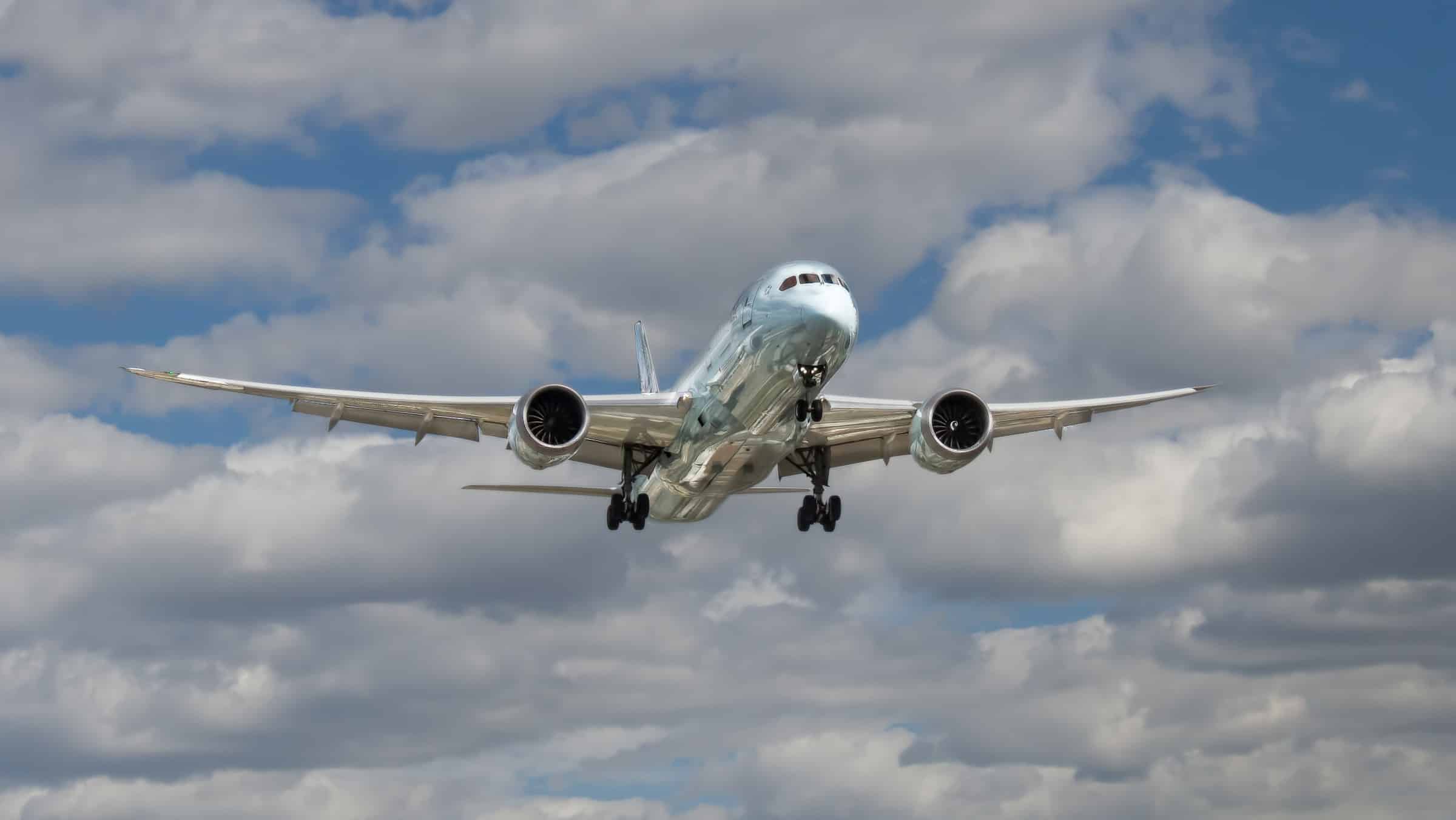
“We are committed to working with regulators, engine companies and other key stakeholders to ensure that our aircraft and ultimately our industry can fly entirely on sustainable aviation fuels.”
It is Boeing's commitment to determine the changes needed to allow current and future commercial aircraft to fly on 100 percent renewable fuels, and to work with regulatory authorities and across the industry to increase the admixture limit for expanded use .
“With a long history of innovation in sustainable aviation fuels, certifying our family of aircraft to fly on 100 percent sustainable fuels significantly furthers Boeing's deep commitment to innovate and operate to make the world a better place.” said Chris Raymond, chief sustainability officer.
“Sustainable jet fuels are proven, used every day and have the most immediate and greatest potential to reduce carbon emissions in the short and long term, when we work together as an industry.”
Sustainable aviation fuels can be made from a wide variety of raw materials, including non-edible plants, agricultural and forestry waste, non-recyclable municipal waste, industrial plant degassing and other sources.
KLM is a forerunner of biofuels
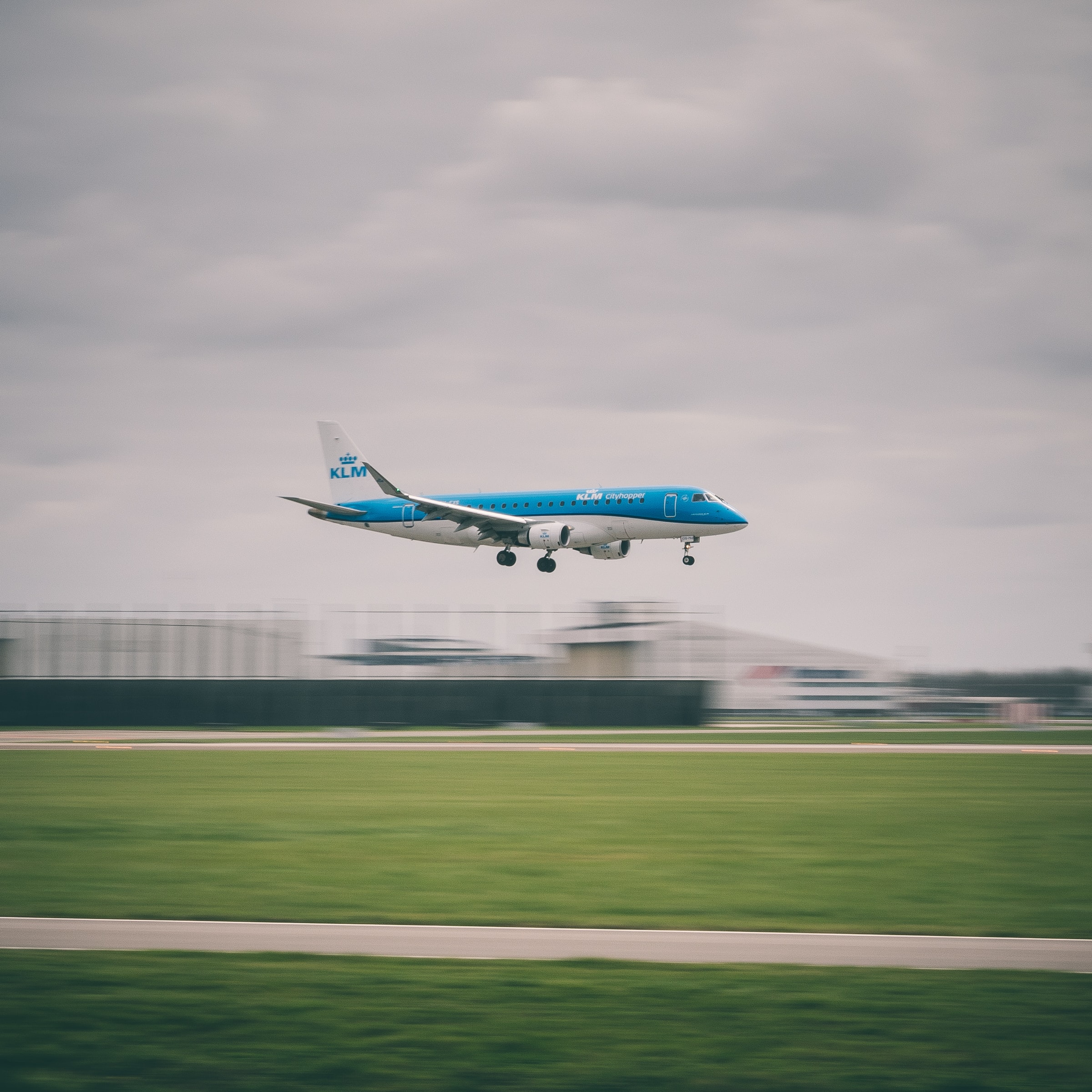
What many people do not know is that our own KLM is a forerunner when it comes to sustainable fuels. Air France-KLM is in fact the first major airline that (in 2018) has made the promise to 75.000 tons of biofuel to develop, produce and use and has set that goal for the next 10 years. They also started it the same year. At the time, it was a mega statement to the rest of the industry and you can support this by simply choosing KLM more often. They may be slightly more expensive than the competition, but also a lot better for the environment.
Airbus wants to fly on hydrogen by 2035
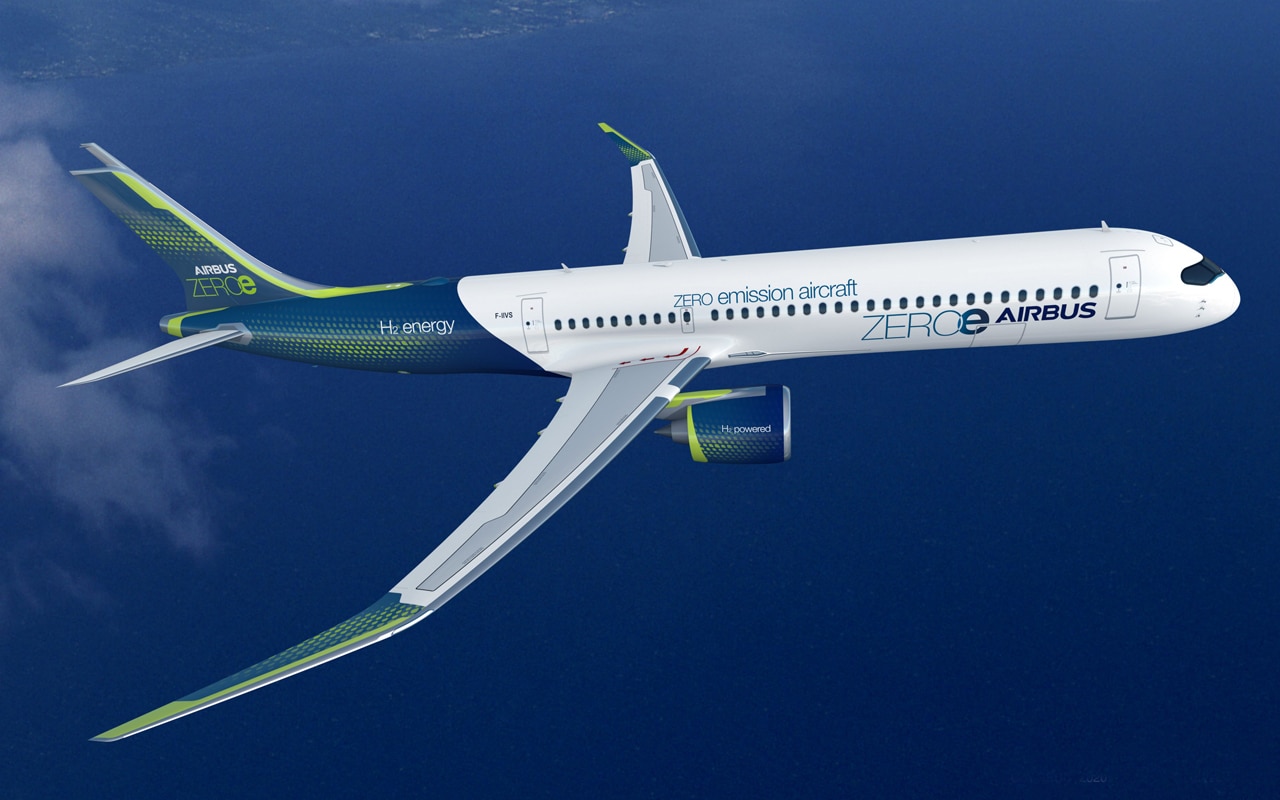
Rival Airbus last year drew up plans for aircraft using hydrogen as a primary energy source. Airbus wants to market aircraft that fly on hydrogen from 2035, and as a result do not emit harmful gases. “We want to be the frontrunner in the most important transition in aviation ever,” said CEO Guillaume Faury about the ambitious project. More information about Airbus' hydrogen project is here to find.


